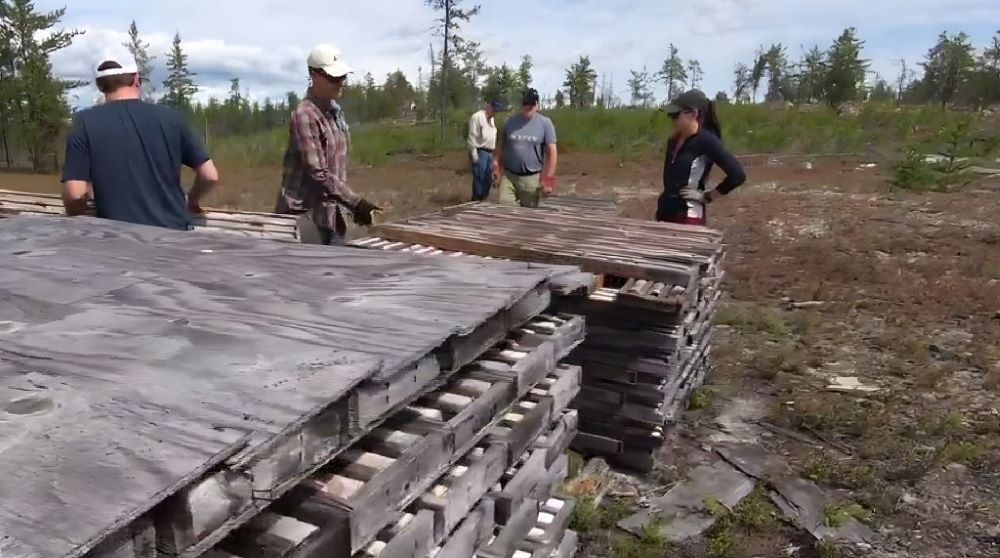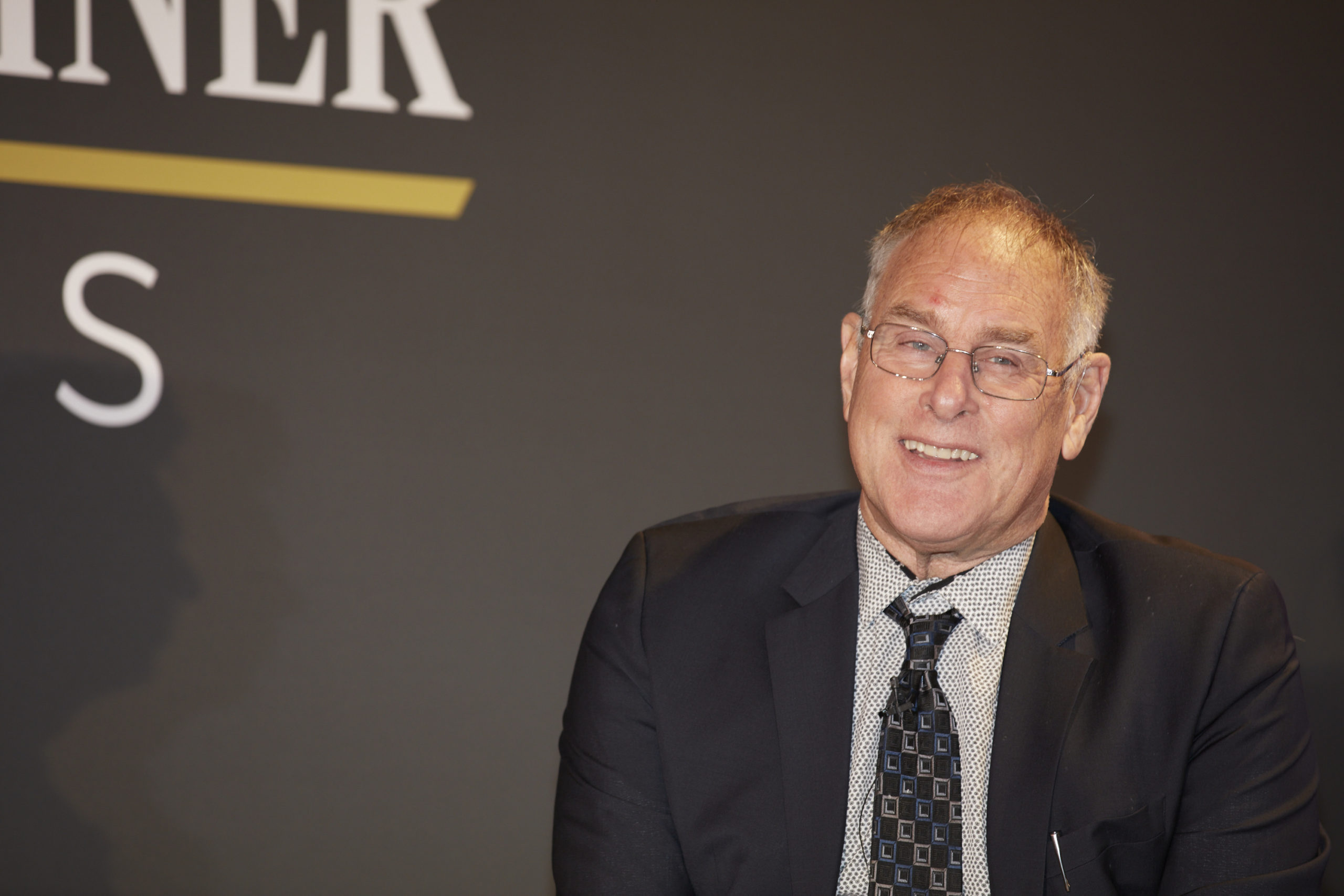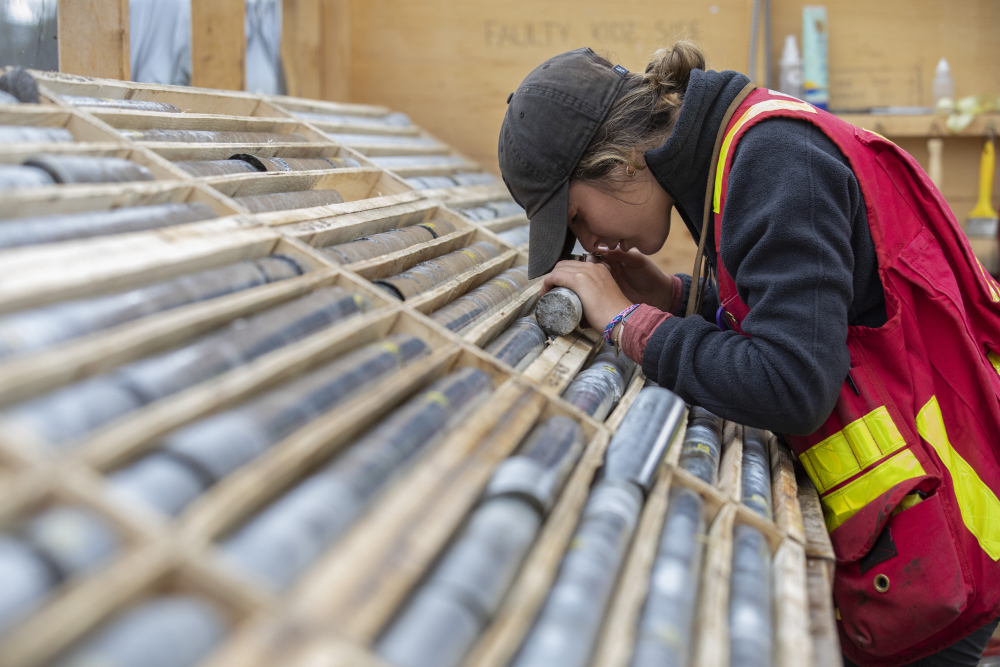Data, dialogue and decision making: using a multi-stakeholder process to understand community well-being
The Devonshire Initiative is a multi-stakeholder forum focused on improving development outcomes in the mining context.
This article is the second in a three-part series that looks at measuring community well-being in the mining context. See the December 2021 issue of Canadian Mining Journal for the first part.

In order for mining-impacted communities to see sustained positive outcomes, we need to have a clear vision, we need to use a multi-stakeholder approach and we need to track progress. The Community Well-Being and Mining Framework (CommWell) is a participatory process for discussing, defining, measuring and analyzing community well-being. The framework encourages stakeholders to participate in regular multi-stakeholder discussions to:
- define what “good” community well-being looks like;
- choose indicators that measure good community well-being; and
- collaboratively monitor and evaluate those indicators.
In other words, the CommWell Framework can bring stakeholders together to plan and measure community well-being and achieve the Sustainable Development Goals.
The CommWell Framework is a four-phase process that is designed to complement existing initiatives for baseline data collection about community development in the mining context (such as social impact assessments). It is also designed to integrate with existing community planning and development processes.
The framework helps stakeholders who are invested in improving community well-being in the mining context to achieve three specific goals.
1 | Better data: How do we know if communities are
better off?
There are a number of tools and frameworks to support companies, NGOs and community representatives with stakeholder engagement, program monitoring and evaluation, and measuring of human development on a macro (national) scale. The CommWell Framework complements these tools and helps stakeholders holistically define and measure well-being on a community level. Without this information stakeholders tend to focus on different data points to determine if communities are ‘better off,’ including:
- company contributions to local communities, using quantifiable data that focuses on direct benefits and outputs like wages, procurement, taxes, and community investment;
- anecdotal experiences of specific stakeholders (or representatives of stakeholders);
- media attention and company responses to incidents;
- legal proceedings; and
- local level protests and activism.
This information is important, but doesn’t give a holistic picture of community well-being. It also focuses on inputs and outputs, as opposed to long-term outcomes and impacts from mining activity. Few approaches have consistently captured local baseline data on a broad range of well-being indicators, covering areas like health, education, safety, security, infrastructure, economy, environment, living standards, governance, civic engagement and culture.
With this in mind, the CommWell Framework provides detailed steps that guide a multi-stakeholder process to define community well-being. This includes practical ways to choose specific indicators of community well-being that can be measured. Each community will be different, so the framework does not include a list of required indicators, but rather a list of holistic indicators that users can choose from and are aligned with the UN Sustainable Development Goals (SDGs).
2 | Better dialogue: How can companies and NGOs support development dialogue instead of leading it?
Better data is important, but how the data is defined, collected and analyzed, and who is involved in the process are equally important. Communities typically have development processes in place when a mining company arrives in the area. However, the role of a mining company as a major source of development funding can create an imbalance, putting the company at the centre of the development dialogue. This role can also disproportionately fall on NGOs working in the area. The Sustainable Development Goals offer a great framework for thinking about well-being, but companies and NGOs are at risk of driving goals that aren’t relevant or a priority for local communities. The CommWell Framework aims to shift that balance by designing a multi-stakeholder process that centres on community representatives, with mining companies and NGOs as participants, not drivers. This type of process can be more time consuming and challenge the status quo. But we know that a multi-stakeholder process results in better planning, supports community objectives and can strengthen a company’s social licence to operate.
3 | Better decision making: How can stakeholders make better decisions about development initiatives?
The CommWell Framework can also lead to improved decision-making related to development outcomes. The data, dialogue and decisions about community well-being generated by the framework act as a catalyst for various stakeholders to plan and co-ordinate community development initiatives in the mining context.
The process of defining and tracking community well-being is a powerful opportunity for stakeholders to align their development goals and make better decisions about the programs they support. The CommWell Framework specifically helps stakeholders define objectives, share information about their activities and measure the effectiveness of collective actions. For example, if stakeholders know that the community sees education, jobs and young people learning a local language as important pillars of well-being, they can make sure their activities support them. Mining companies can work with NGOs and local education centres to provide job-related training, apprenticeships and mentorship programs. Companies and NGOs can work with elders to support language studies and language learning materials. Companies and NGOs can also offer language training on-site. Using the framework, stakeholders can regularly check in to determine how effective their programs are. Over time, stakeholders can track progress against these goals and rework programs that aren’t moving the needle.
CAROLYN BURNS is the executive director of the Devonshire Initiative.
About the CommWell Framework
Over the past eight years, the members of the Devonshire Initiative including mining companies, civil society organizations and academics have discussed and tested various approaches to understand community well-being in mining-impacted communities. In 2015, the DI introduced a pilot framework which was designed to engage stakeholders in a participatory process to define and collect data on community well-being in the mining context. The framework has been tested in various mining communities over the past six years. Now we’ve updated and refreshed (and renamed) it based on lessons learned from the pilots and input from various stakeholders working in this space. Learn more at www.devonshireinitiative.org.





Comments